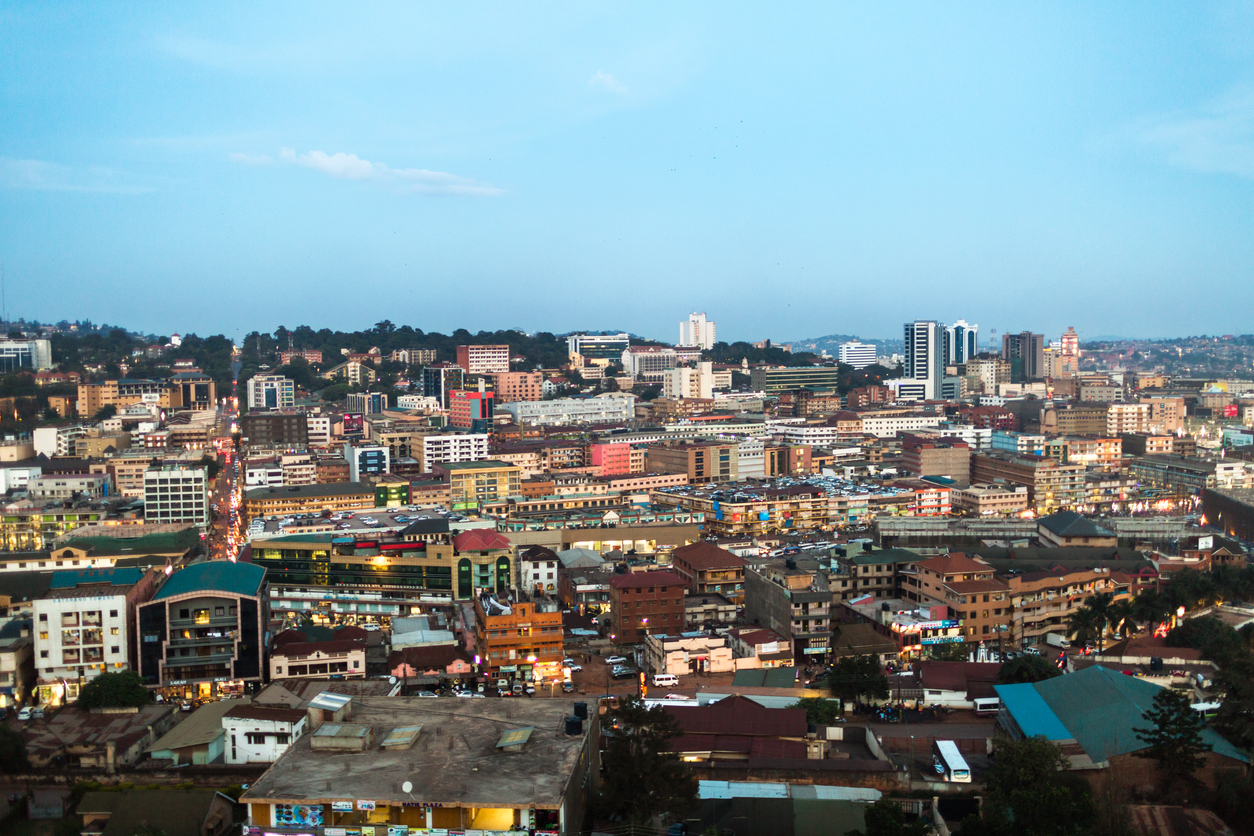From Seminar Room to The Guardian: Celebrating Student Success on Urban African Economies
What begins as coursework doesn’t usually end up in a national newspaper – but for two of our undergraduates, that’s exactly what happened. Students from the Urban African Economies module have had their ideas published in The Guardian as letters to the editor, contributing thoughtful perspectives to live global debates.

Kampala, Uganda features prominently in the course and in one of the student letters too.
We’re delighted to celebrate a recent success from our Urban African Economies module that demonstrates the power of academic work to shape public discourse.
Two final-year undergraduate students from this third-year module have had letters published in The Guardian – a rare and commendable achievement that speaks volumes about the clarity, relevance, and critical insight of their work.
The letters originated from an assessment that challenges students to engage directly with contemporary debates around African urbanism and development by crafting concise, compelling responses suitable for publication in a national newspaper. That two of these letters were accepted by The Guardian is a remarkable endorsement of the students’ analytical skills and public engagement.

Dina Ahmed (BA Human Geography), responding to recent developments in Uganda’s cultural policy, argues in support of moves to decolonise national heritage and can be read here.

Miah Redmond (BSc Geography with Business Management) addresses the environmental injustice of e-waste dumping in Ghana and highlights the global inequalities that underpin it – read it here.
Both students drew on their learning from the Urban African Economies module, which explores African cities through lenses of political economy, colonial legacies, informality, infrastructure, and everyday urban life. The result: thoughtful, timely contributions to global debates that extend well beyond the classroom.
Dr Will Monteith, who leads the module, commented:
We encourage students to rethink key questions about colonialism, globalisation and development from the perspective of urban African economies, and to use this knowledge to challenge dominant media representations. It’s fantastic to see our students gaining recognition for their work in the national press.
Everyone in the School is incredibly proud of the students involved, and of the way this module continues to inspire rigorous, real-world engagement.